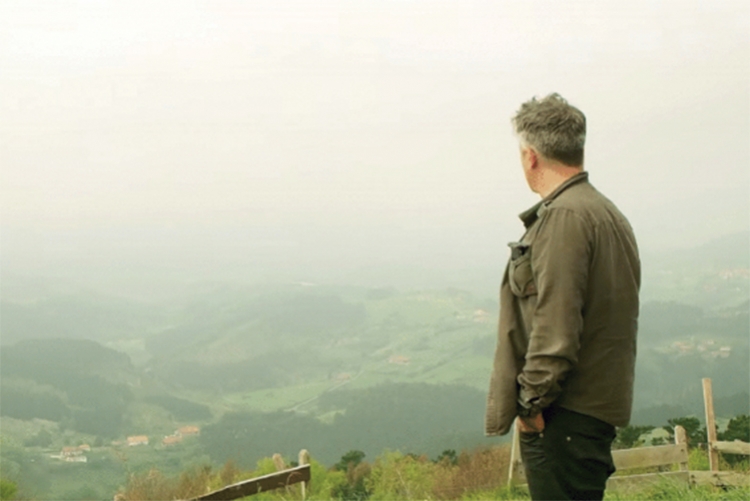January 16, 2018
Skunkfunk continues to bet firmly on sustainability
On the occasion of the publication of the sustainability report of the Basque company, we interviewed its founder, Mikel Feijoo.
20 years ago, Mikel Feijoo Elzo, founder of Skunkfunk, took the fashion business as a way of life. His vision was one where design and creation of something of his own added to the need to find a different way forward within the most polluting industry on the planet.

1. Mikel, from your perspective, what changes are occurring in fashion nowadays?
There’s a profound change in the way we consume and within the actors involved in the process. We want everything, we want it now and we just want to pay a fraction of the price for it. Clothing has lost its value as the luxurious commodity it used to be. We’ve reached a point in which retail chains and logistics corporations dominate the fashion industry.
The notion of creation as a valuable asset and fashion as wearable art has been undermined. At Skunkfunk we defend design, we do slow fashion because we believe in what’s made from scratch. There exists many brands and most of them limit their efforts to manufacture echoing or bluntly copying trends from others.
On the other hand, new selling channels have appeared reinforcing the immediacy factor, creating an exacerbated consumer. Last year 85.000 millions of garments were produced in the world. That’s not sustainable at all! How many of those garments aren’t going to be worn? I think we’re going down the wrong path, there aren’t enough resources to copewith this, it’s simple math.
2. What’s the issue that worries you the most?
Working conditions are deplorable in many places, but changing this situation is easier than reverting the environmental detriment we’re all causing to our environment, the only one we have…Information is out there and by now we should all consider that our money holds greater power than our vote. With it we can generate a greater impact in the world than with our suffrage.
3. Do you have any figures regarding organic or recycled clothing production? Or about companies working with good practices?
There are many brands globally, but in a corporate scale they’re just a few. The big ones employ their department of social responsibility and sustainability to wash their hands, to cover the dark side. Some of them have created brands to do a sustainable line when the majority of their business practices are completely the opposite. They look for the immediate benefit, the picture, the facade. Regarding the figures (in the case of Spain) I suggest for you to have a look at Slow Fashion Next and their index.
4. What’s igniting change?
There are many associations, NGOs and certification companies, but the real change should come from the companies devoted to design, production and commercialization. A great example of good practices is Patagonia. Then we have to face the scarcity of textile suppliers. To create fashion is complex in such an environment.
Nevertheless, the biggest change will occur when consumers change their habits and buy less but better thinking to whom they are giving business.
5. What does Skunkfunk offer that differs from others?
Our designs are made in-house and have personality. We offer traceability through the certification processes. We are the only GOTs certified fashion company in Spain, and we are also the only one fashion brand certified Fairtrade®. We offer a transparent communication although we know that there is always room to improve, we’d love to share more, to do more and a lot better. We keep working on it. For SS18 we’ve reached 92% of sustainable garments within the collection, and we also participate in innovative projects such as Chetna Organic, chetnaorganic.org.in, and cooperate with Koopera, koopera.org, to give a second life to unsellable garments and accessories.
